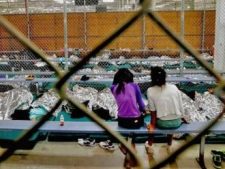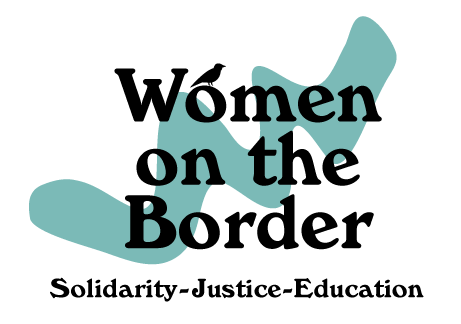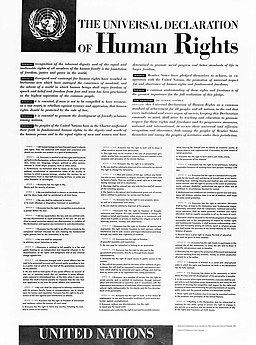Migrants and Human Rights
Migration is a human right protected by Article 13 of the Universal Declaration of Human Rights. Nonetheless, migrants, asylum seekers, refugees, and undocumented residents have been presumed to be criminals under U.S. immigration law for more than a generation.
During the Trump administration, anti-immigrant law and policy worsened. Migrants fleeing persecution, torture, harassment, and death threats who arrived at the border seeking asylum were treated like criminals. ICE went after long-term undocumented residents as protections from their children under DACA were removed.
Trump’s immigration policies had a racial impact on migrant asylum seekers coming from Mexico, Central America (Guatemala, Honduras, and El Salvador), Haiti, and the Democratic Republic of Congo.

A multiplicity of factors, social, economic, political and historic underlie the phenomenon by which U.S. law and policy has moved in the direction of criminalizing the identity of the migrant.
Go to our Bibliography on Migrants and Human Rights to find resourced for learning more.
To read the stories of immigrant children from Central America go to the New American Story Project website.

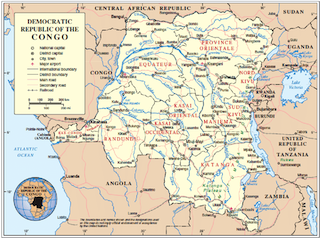
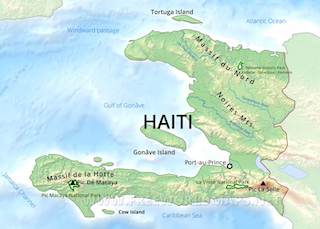
Trump’s Zero Tolerance Policy had the tragic effect of separating children from parents at the border. Some went to detention centers, others ended up in tents and warehouses filled with wire cages. The immigration policy of the Trump administration will forever be remembered for its utter rejection of the principle, reflected in the Constitution and in human rights law, that all people, regardless of their race, religion, color of their skin, sexual or gender identity are entitled to respect for their personhood and human dignity.
